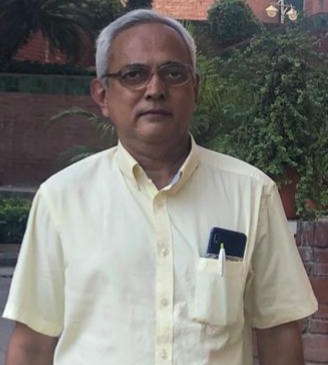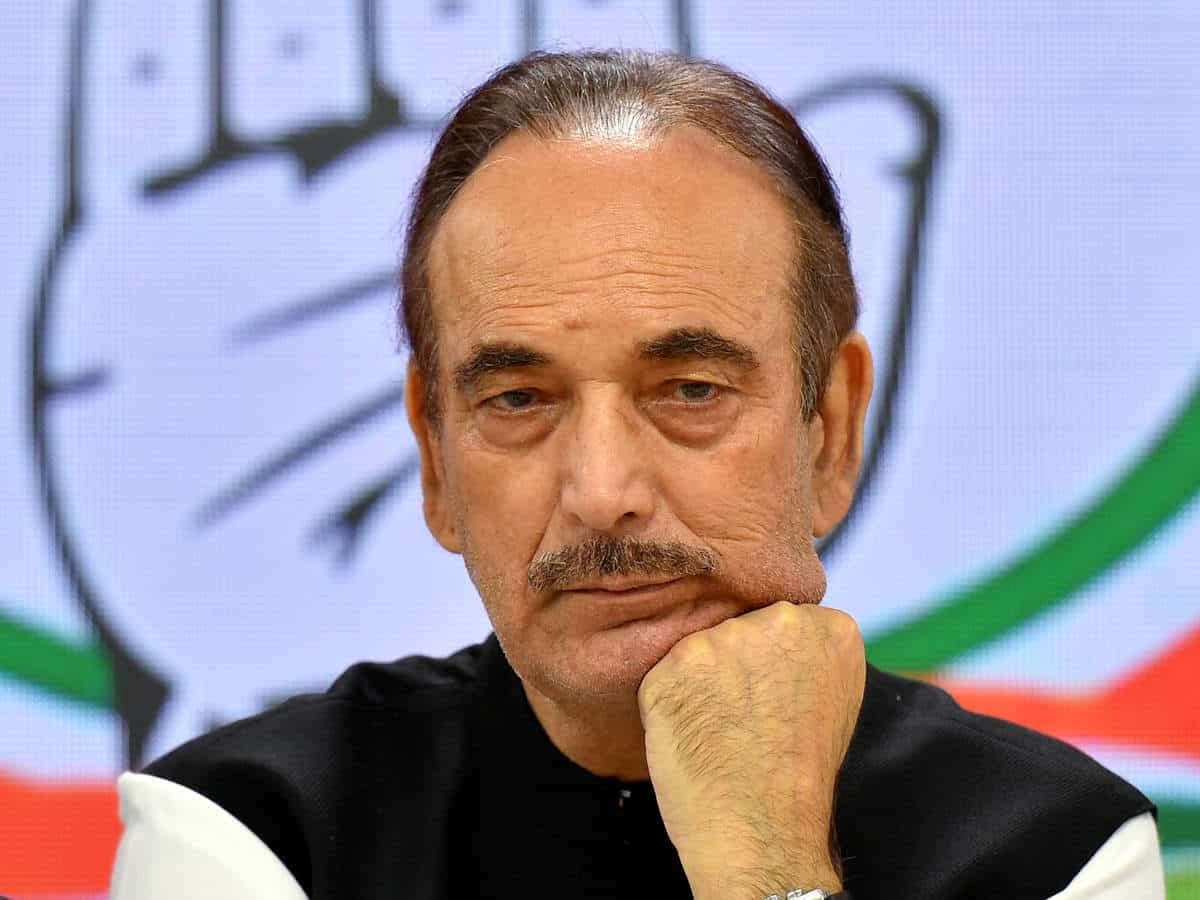
Leader of Opposition in Rajya Sabha Ghulam Nabi Azad hit the headlines, as Prime Minister Narendra Modi bid a teary-eyed, emotional farewell to the retiring leader on the floor of Parliament.
Azad’s term in the Upper House of Parliament ends on February 15. Since Jammu & Kashmir Assembly has been dissolved, there is no immediate prospect of Azad returning to the Rajya Sabha, unless the Congress fields from some other State.
Perhaps it was a rare sight that two ideologically opposite poles could be speaking on such emotional terms. As Leader of the Opposition in Rajya Sabha for six years, from 2014 onwards, Azad had raised the bar of parliamentary discourse and engagement.
Credit goes to Ghulam Nabi Azad, not only for building friendships across party lines, but more than that for his innate decency, dignity and decorum, all through his distinguished four-decade-long parliamentary career, spanning from 1980 to 2021.
While Prime Minister Narendra Modi spoke in glowing terms about Ghulam Nabi Azad, the emotional moment came in the context of Azad’s exemplary role as Jammu & Kashmir Chief Minister between 2005-2008.
In a terror strike in 2005, several tourists from Gujarat lost their lives. The then Gujarat Chief Minister Modi had already spoken to the then Union Defence Minister Pranab Mukherjee, seeking Defence aircraft to take back the bodies of those Gujarati tourists killed in Kashmir Valley.
Azad was already at the airport, when he made a phone call to Modi. It was beyond Modi’s expectation when Azad broke down while talking to Modi.
Prime Minister Modi, in his farewell speech in the Rajya Sabha, recalled how Azad sobbed inconsolably, as though some from his own family had lost their lives.
This speaks volumes of Azad’s innate humanity. Though none of the victims were even known to him, the sheer ghastly nature of the killings had shaken him.
If the Rajya Sabha recorded 99 per cent productivity in the just-ended two-week-long first leg of the Budget Session of Parliament, it speaks of Azad’s commitment to the democratic norms. The Congress protested on the opening day, but decided to allow functioning of the Rajya Sabha from the very next day.
Late Arun Jaitley had openly declared Parliament disruption as a legitimate parliamentary tool.
In fact, Azad was the Union Parliamentary Affairs Minister in the P V Narasimha Rao Government in 1991-96, besides handling Civil Aviation and Tourism. In the Dr Manmohan Singh Government, too, he handled Parliamentary Affairs Ministry during 2004-2005, when he went on to become the Jammu & Kashmir Chief Minister. During the second tenure of the Congress-led UPA Government, he was the Health Minister.
As the Parliamentary Affairs Minister, he had built bridges with political opponents. It not only helped in smooth functioning of Parliament, but stood out as a hallmark of of democratic functioning.
Azad imbibed the trait of a poet, who says in a couplet something, which cannot be said even in several words, and that, too, without hurting anyone. To prove a point, it is not really necessary to call his opponent names.
In sharp contrast, there was a time when the present ruling dispensation, which was then in the Opposition, raised slogans running down and calling Rajiv Gandhi names. But the Congress always took particular care never ever to personally run down or calling out names to any political opponent, much less, the Prime Minister.
The Congress took care to draw a distinction in opposing the wrong policies of the Prime Minister, even while respecting the personal dignity of the political opponent.
Azad was conferred the Outstanding Parliamentarian Award in 2015.
Once, he famously said that to remain loyal to one’s ideology, or to make a strong point, it is not necessary to get strident. The point can be made politely, but firmly. He maintained a quiet dignity, both in his conduct and in his speech, which is exemplary and worthy of emulation.
Elected to Lok Sabha in 1980 and again in 1984 from Washim in Maharashtra, subsequently he was elected for first time to the Rajya Sabha in 1990. Ever since, he has been in the Rajya Sabha.
Perhaps, his long innings in Parliament may have helped him cultivate parliamentary etiquette. But there is in him an innate sense of decency, dignity and decorum that shows up in his parliamentary conduct and behaviour.
Venkat Parsa is a senior journalist and writer based in New Delhi.
Views expressed are personal

